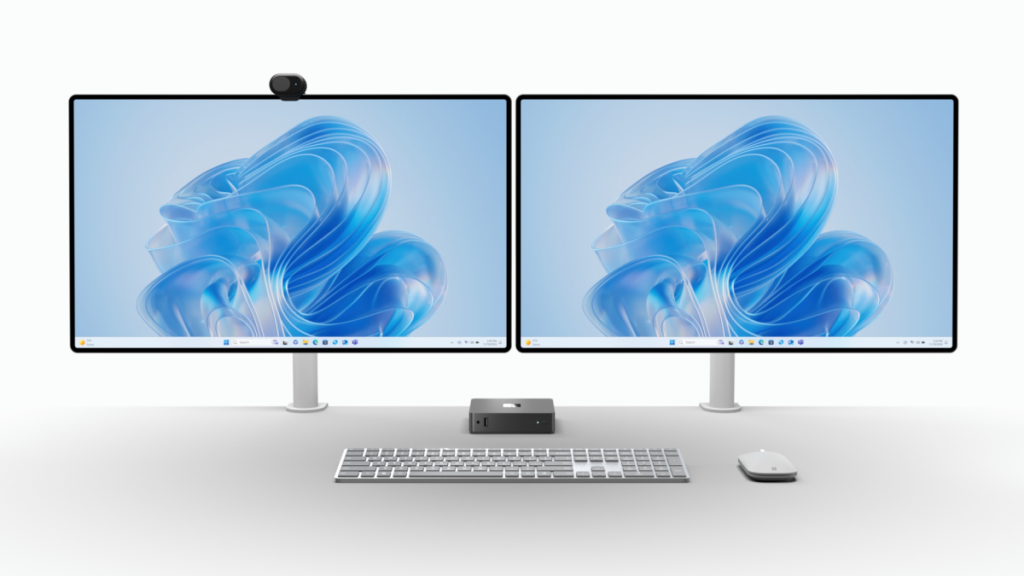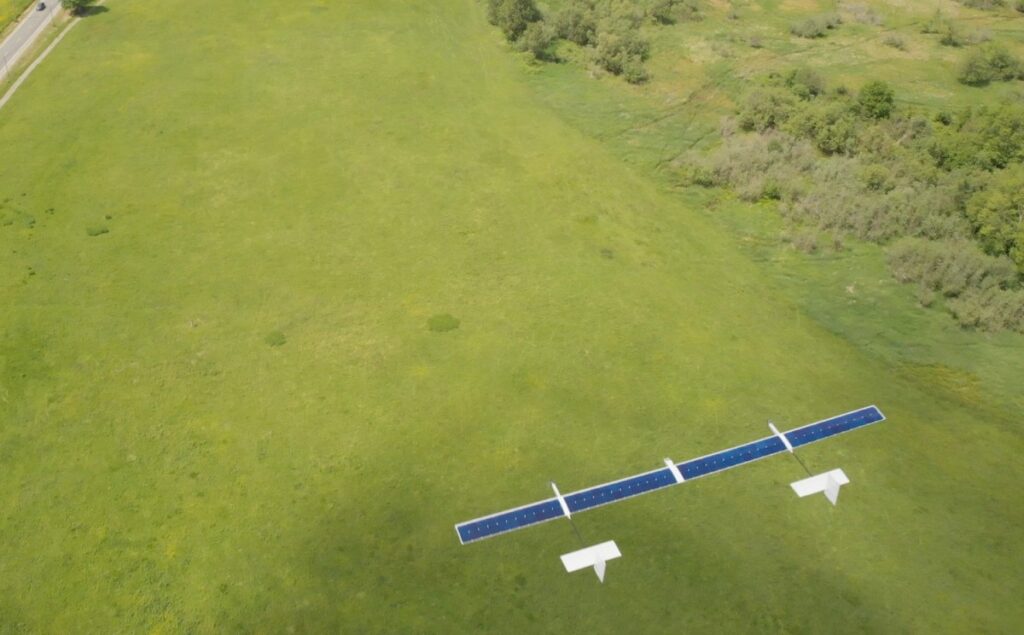Prefer to offload all your Windows tasks to the cloud? Microsoft may just have the compact, desk-bound computer for you.
On Tuesday at Microsoft Ignite 2024, the tech giant unveiled Windows 365 Link, a fanless, lightweight PC that connects to Windows 365. Windows 365 is a cloud-hosted, virtual Windows machine — like a typical Windows installation, but running on a remote server.
Set to come to “select markets” in April of next year for the suggested retail price of $349, Windows 365 Link boots quickly (“in seconds,” Microsoft says), “instantly” wakes from sleep, and sports a number of display and peripheral ports. You’ll find support for dual 4K monitors, four USB ports, audio and Ethernet jacks, and the standard array of wireless connectivity (Wi-Fi 6E and Bluetooth 5.3).
Now, Windows 365 Link isn’t a proper PC. While it can handle things like Microsoft Teams meetings and Webex sessions, the device lacks storage and can’t install local applications. Moreover, its small, Windows-based operating system is extremely locked down. The security features and passwordless login can’t be disabled, Microsoft says.

Of course, Microsoft’s not targeting consumers with Windows 365 Link — enterprises are the play, here. The company notes that businesses can manage (and wipe) Windows 365 Link units remotely, and configure them to automatically check for, download, and install updates.
Microsoft is touting the environmental-friendliness of Windows 365 Link, which it claims has a lower energy consumption than most desktops. According to the company, Windows 365 Link contains 90% recycled aluminum alloy in its top shield, 100% recycled aluminum in its bottom plate, and 100% recycled copper and 96% recycled tin solder in its motherboard.
Orgs in Australia, Canada, Germany, Japan, New Zealand, the U.K., and the U.S. can apply for the Windows 365 Link preview program starting today. With any luck, it’ll avoid same fate as Microsoft’s last miniature PC.


